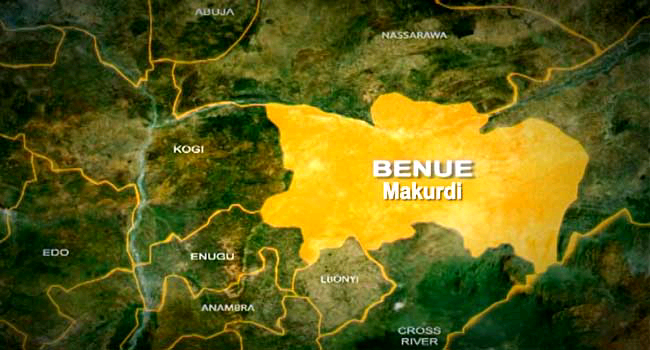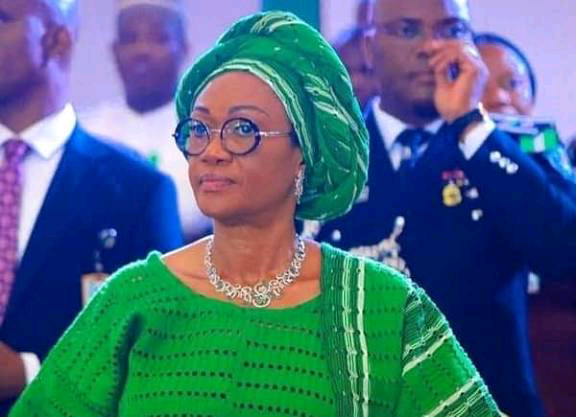Governor Otu Advocates Use of PPP to Bridge Nation’s Infrastructural Gap

Cross River Governor, Senator Bassey Otu, has underscored the imperative of Public-Private Partnership (PPP) investment to mitigate Nigeria’s infrastructure deficit, referencing the ongoing $3.5 billion Bakassi Deep Seaport project.
Governor Otu advocated for PPP engagement while participating as a panelist at the 2025 Nigeria Public-Private Partnership Summit in Abuja, as per a communiqué shared with Nairametrics by the Infrastructure Concession Regulatory Commission (ICRC).
He asserted that the $3.5 billion Bakassi Deep Seaport project is pivotal in alleviating the burden on existing ports across Nigeria.
Bakassi Deep Seaport Development
Governor Otu illuminated the expansive potential of Public-Private Partnerships (PPPs) in remedying Nigeria’s infrastructure shortfall.
He posited that PPPs “have the capacity to attract private sector investment, expertise, and efficiency to deliver essential infrastructure projects, stimulate economic growth, and elevate the quality of life for Nigerians.”
Addressing the $3.5 billion Bakassi Deep Seaport, Otu emphasized the necessity for PPP investment in the venture, citing escalating port congestion and Nigeria’s ambition to become a trans-shipment hub for sub-Saharan Africa.
“The establishment of the Bakassi Deep Seaport is crucial to augment port capacity in the nation and relieve the strain on existing ports.
“Most subnationals currently are striving to leverage their unique advantages across various sectors,” he remarked.
Additional Insight
Ondo State Governor, Lucky Aiyedatiwa, enumerated the extensive benefits of PPPs, including infrastructure advancement, enhanced efficiency, job creation, economic expansion, and capacity building.
“Regarding the Ondo Seaport, the Governor articulated that the $1.3 billion multipurpose venture would revolutionize the state’s economy, generate thousands of jobs, and attract investments, while also serving as a catalyst for industrialization and economic development in the region,” the statement partially conveys.
He conveyed his belief that PPPs would bolster the state’s revenue base and elevate the living standards of its populace.
He added that his administration acknowledges the potential of Public-Private Partnerships in propelling growth and addressing development challenges, with a focus on enhancing public service delivery.
He also mentioned the necessity for several technical modifications between the ICRC and the Ministry of Marine and Blue Economy, underscoring that every state requires more than one port to counteract congestion, referencing Lagos State, which hosts Apapa, Tin Can, and Lekki Deep Sea Ports.
Public-Private Partnerships for Nigeria’s Infrastructure Gap
The Director General of the ICRC, Dr. Jobson Ewalefoh, recently asserted that Nigeria urgently necessitates Public-Private Partnerships (PPPs) incorporating both domestic and international investors to bridge the nation’s $2.3 trillion infrastructure gap.
He shared this insight on Tuesday at the Nigeria Public-Private Partnership (PPP) Summit 2025, organized by the ICRC.
The summit, themed “Unlocking Nigeria’s Potential: The Role of Public-Private Partnerships in Delivering the Renewed Hope Agenda,” was attended by several Federal Ministers, representatives from Afreximbank, the African Development Bank (AfDB), the Regional Director of the International Finance Corporation (IFC), among others.








